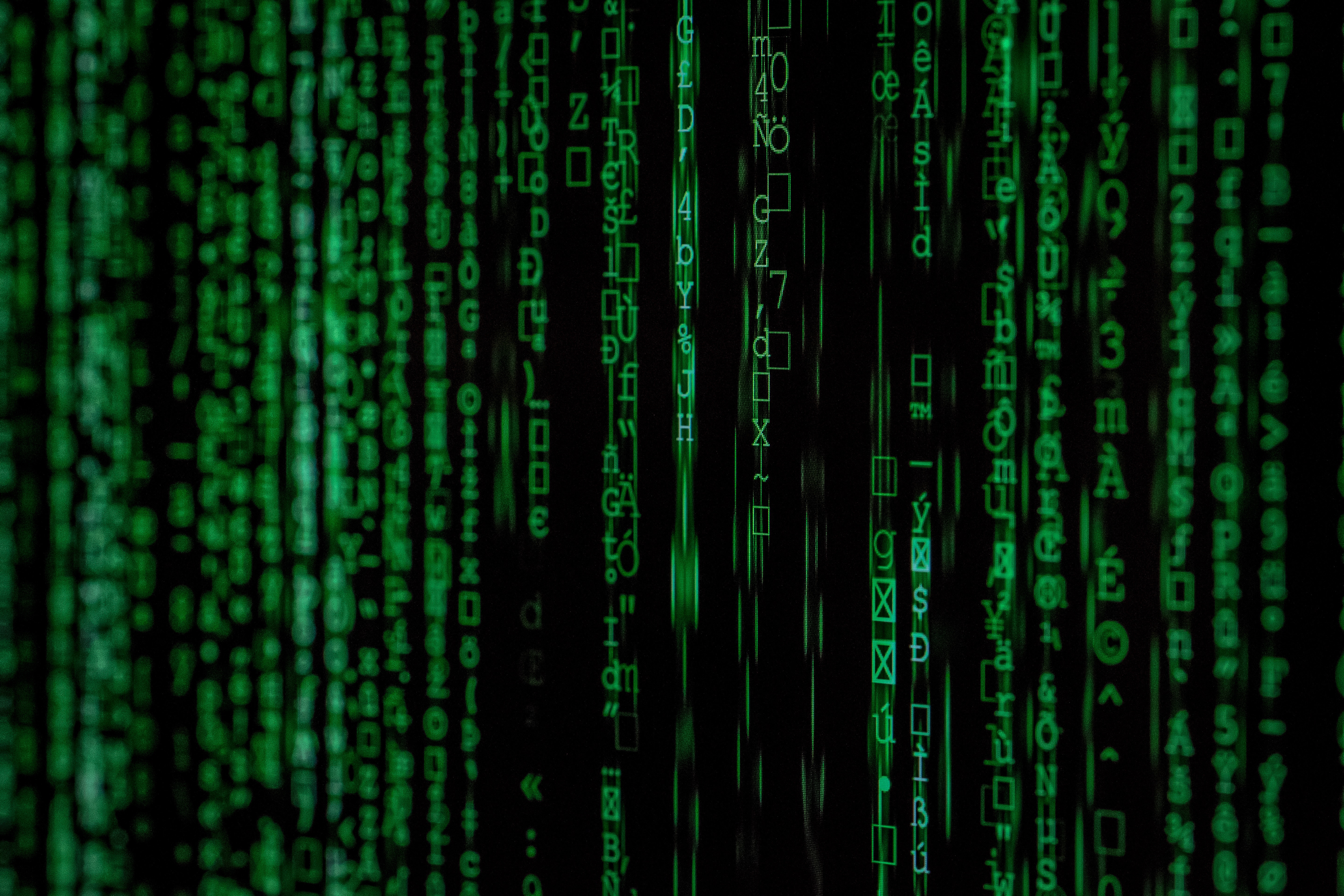Program’s Shutdown Highlights Impact of Former Government Accountability Project Client
On March 4th, The New York Times reported that the National Security Agency (NSA) had shut down a major data-collection program that had faced prolonged criticism over its expansive reach. In 2013, Edward Snowden, then an NSA contractor with Booz Allen, blew the whistle on the secret program when he leaked documents proving its existence to The Guardian. Working with journalist Glenn Greenwald and filmmaker Laura Poitras to make his disclosures, Snowden quickly became a household name and lightning rod in an international debate over government and private collection and exploitation of individuals’ personal data. In the months that followed, Government Accountability Project launched a worldwide public defense of Snowden’s whistleblowing and challenged U.S. government officials and pundits for disparaging his character, integrity, and patriotism.
The shuttering of the program came to light when a senior Republican congressional aide, Luke Murray, indicated that the federal government had discontinued use of the program while speaking on the Lawfare podcast. “The administration actually hasn’t been using it for the past six months because of problems with the way in which that information was collected,” Murray, said. “I’m not actually certain that the administration will want to start that back up given where they’ve been in the past six months.”
The program stemmed from the George W. Bush administration’s aggressive efforts after 9/11 to collect information about Al Qaeda and other terrorist networks. The Bush White House created the secret Stellarwind surveillance program, one part of which involved the extensive collection of Americans’ phone call logs.
Until Snowden’s disclosures, however, it was unclear whether the Obama administration had continued pursuing terrorists using the same aggressive tactics as the preceding administration. In the first story published by The Guardian in June 2013, however, Snowden demonstrated the Obama administration had further expanded the federal government’s reach. As part of his initial disclosures, Snowden leaked a top-secret Foreign Intelligence Surveillance Court order to Verizon from April 2013 to supply the NSA with daily domestic phone records of millions of American customers. Without Snowden’s disclosures, most Americans would have remained unaware of the program’s vast reach.
Under the Obama administration, the original NSA program was replaced by another system under the U.S.A. Freedom Act of 2015. Though the program was meant to resolve some of the privacy issues with the old system, millions of records continued to remain in government hands.
Snowden himself commented on the program’s shutdown on twitter, writing, “I used to take a victory lap every time one of these stories came out. It felt good to see history vindicate my decision to expose the government’s wrongdoing. Nowadays I just wish it hadn’t taken me so long to speak up. If only I hadn’t been so afraid.”
I used to take a victory lap every time one of these stories came out. It felt good to see history vindicate my decision to expose the government's wrongdoing. Nowadays I just wish it hadn't taken me so long to speak up. If only I hadn't been so afraid. https://t.co/RiVl6cdwlz
— Edward Snowden (@Snowden) March 5, 2019
Snowden’s comments highlight the critical impact of national security whistleblowers along with a recognition of the many risks national security officials and contractors face when considering making disclosures. Following his disclosures, Snowden fled from Hong Kong, where he had met with journalists, for Ecuador with a “planned stopover” in Russia. Following the revocation of his passport, Snowden was stranded in the Moscow airport transit center for a month before the Russian government granted him asylum. Should he return to the U.S., Snowden would immediately be faced with criminal charges under the Espionage Act of 1917, a law which doesn’t provide for a public-interest defense. Such retaliation, threat to personal security, and absence of legal options are not uncommon for national security whistleblowers, who don’t share the same legal protections as other federal government whistleblowers. While the shutdown of the Obama-era program represents a step in the right direction and a clear vindication of Snowden’s whistleblowing, both Snowden and future national security whistleblowers will continue to have little legal recourse until Congress provides significant expansion of national security legal protections.


